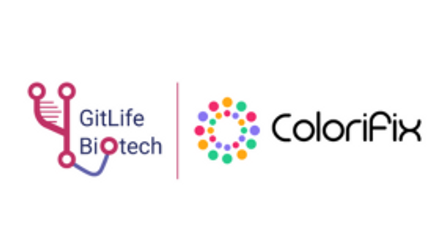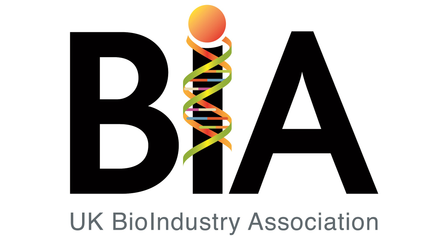Boosting UK growth and investment through Engineering Biology Standards and metrics
New report identifies priority areas to support UK EngBio companies.
The potential presented by Engineering Biology (EngBio), both globally and for the UK, is difficult to overstate. Realisation of this potential across sectors as diverse as health, energy, materials, chemicals production and waste management, will be achieved by providing the right tools to help companies of all sizes as they innovate and translate those innovations to commercial scale.
With the aim of identifying priority areas for standards and metrics to support UK EngBio companies, National Physical Laboratory (NPL) in partnership with Imperial College London convened a UK-industry-focused workshop. The workshop brought together UK EngBio stakeholders, including those from industry, standards experts, funding agencies, the UK measurement system and academia, came together to discuss key priorities and resourcing needed to support UK EngBio companies to successfully bring new products and technologies to market.
The report is now available and outlines key recommendations which summarise workshop outputs and identified needs and opportunities for standards and metrics to address existing barriers to commercialisation for EngBio companies in the UK. These recommendations cover many of the essential elements required for the creation of a robust metrology infrastructure to respond to the current and evolving challenges UK companies are facing. The outlined recommendations range from an open repository and sharing platform for data and measurement standards, agreed vocabulary for EngBio systems and processes, regulatory guidelines as well as the mapping of UK biomass availability and specifications.
-
Lexicon and terminology
-
Reference materials, data standards
-
Metrology to quantify biological processes
-
Metrics for translation to scale-out and up
-
Metrics for sustainability assessments
-
Standards to enable use of biomass feedstocks
Dr Michael Adeogun, Head of Life sciences and health at NPL commented: The rise of EngBio as a platform technology is driven by a convergence of technologies that have enabled the understanding, characterisation, design and exploitation of biological systems in ways that have never previously been possible. The outputs of the workshop as summarised in the report provide a great foundation on which to build the standards, metrics and metrology needed to help UK EngBio companies to grow and thrive across all sectors of the bioeconomy.
Addressing some more specific challenges surrounding the need for metrology, standards and metrics to support AI driven EngBio system design and the quantification of biological processes,
Prof Max Ryadnov, NPL Fellow in Biometrology commented: UK companies call for systemic metrics to quantify the performance of their products and technologies and for impartiality in providing these metrics to allow comparability. Measurement standards address both these challenges but need prioritising through continuous engagement with industry innovators. The outputs of this workshop create a much-needed start to build upon in the pursuit of realising the full potential of EngBio.
This UK centred work follows on from recent international efforts, led by Professor Freemont, and including input from NPL and other NMS partners to address the lack of standardisation in EngBio. That Global report highlights the need for relevant standards and metrics to alleviate major issues across the sector, including around data integration, interoperability, and product safety and quality.
Professor Paul Freemont, Imperial College London commented – The vision for this space is that a company with a great idea can come to market without technical and regulatory barriers. The right standards and metrics will make the process of establishing and growing a company easier – but there is a need for consensus and an open process to establish easily accessible knowledge bases.





